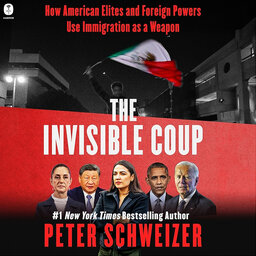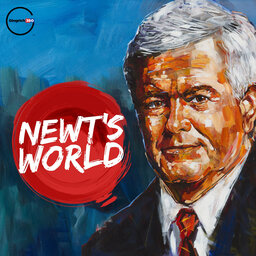Episode 732: Secret Service Performance in Butler, PA
Newt talks with retired Secret Service Agents, Bill Livingood and Jerry Bechtle about the assassination attempt on former President Donald Trump in Butler, Pennsylvania. They discuss the training a Secret Service agent goes through, which includes physical training, weapons training, and first aid training. The conversation also touches on the history of the Secret Service, and the dual roles of the Secret Service in protection and crime investigation.
In 1 playlist(s)
Newt's World
Join former House Speaker, professor, historian, and futurist Newt Gingrich as he shares his lifetim…Social links
Follow podcast
Recent clips

Episode 948: ‘Moneyball’ for Politics
30:34

Episode 947: Will AI Take My Job
28:22

Episode 946: Peter Schweizer on “The Invisible Coup”
34:50
 Newt's World
Newt's World